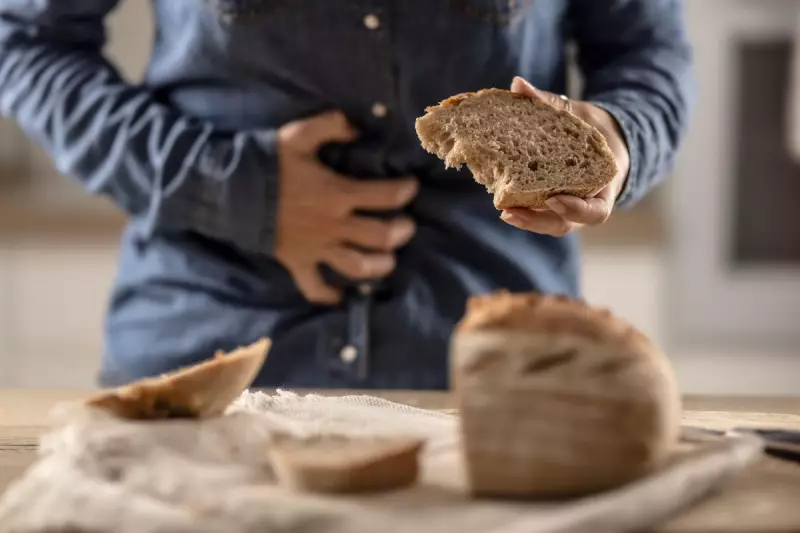
In a move that has sparked concern among patient advocacy groups, NHS Cheshire and Merseyside has announced it will cease funding gluten-free food prescriptions for coeliac patients across the region. This decision affects approximately 4,500 individuals who rely on these prescriptions to manage their autoimmune condition safely.
The change, which took effect earlier this month, means patients will now need to purchase all gluten-free products from supermarkets and specialist shops out of their own pockets. Health commissioners defended the decision by citing the increased availability and reduced cost of gluten-free products in retail outlets compared to when the prescription service began decades ago.
Financial Burden on Patients
Coeliac UK, the leading charity for people with the condition, has expressed deep concern about the financial impact this will have on patients. "The withdrawal of gluten-free food on prescription will place a significant financial burden on the most vulnerable in our community," said a spokesperson for the organisation.
Research from the charity indicates that maintaining a gluten-free diet costs coeliac patients between 8% and 20% more than a standard diet. For those on lower incomes or multiple prescriptions, this additional expense could create genuine hardship and potentially compromise their ability to adhere to the medically necessary diet.
The Clinical Rationale
NHS Cheshire and Merseyside emphasised that the decision was made after careful consideration of clinical evidence and current market conditions. A statement from the Integrated Care Board noted that gluten-free foods are "now readily available in most supermarkets and food shops at a much lower cost than previously."
The board also highlighted that certain gluten-free staple foods like bread and flour mixes would remain available on prescription for a small number of patients with specific clinical needs, though the criteria for eligibility have been significantly tightened.
National Trend in NHS Provision
This move follows a broader national pattern, with many Clinical Commissioning Groups and now Integrated Care Boards across England having already withdrawn or restricted gluten-free prescriptions. The decision reflects ongoing pressures on NHS budgets and evolving thinking about what constitutes essential versus supplementary nutritional support.
Patient advocacy groups continue to argue that for coeliac disease patients—for whom strict adherence to a gluten-free diet is the only treatment—access to affordable staple foods should be considered essential medical care rather than a lifestyle choice.
Looking Forward
Coeliac UK is urging the NHS to reconsider the decision and implement a national standard that ensures equal access to gluten-free prescriptions across all regions. They argue that a postcode lottery for essential dietary management of a medical condition is fundamentally unfair and potentially harmful to patient health outcomes.
For now, patients in Cheshire and Merseyside are adjusting to the new reality, with many expressing concern about how they will manage the additional financial burden while maintaining the strict diet required to manage their autoimmune condition effectively.





